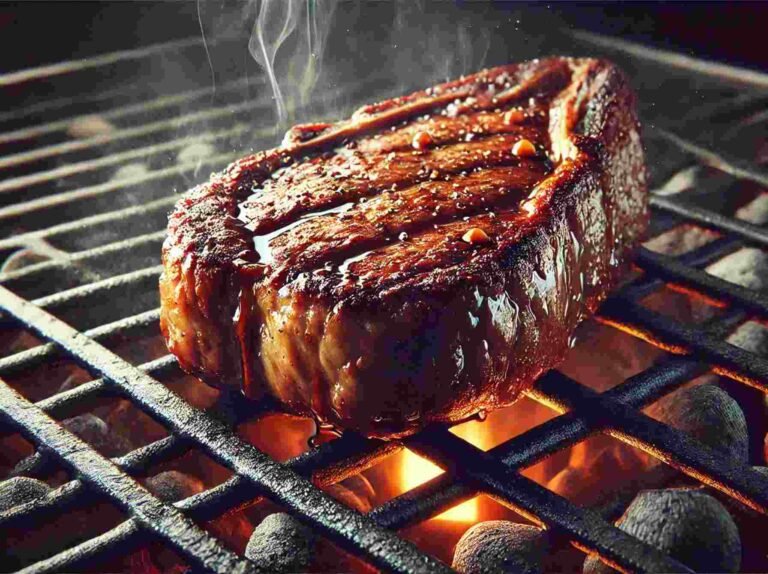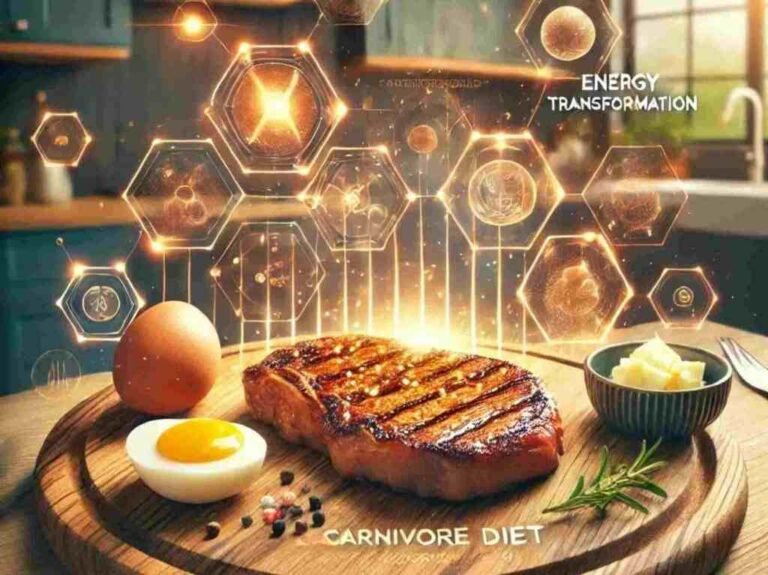When I first started paying attention to my health, I focused a lot on what I was eating. But I didn’t think much about what I was drinking. That was a mistake. Water isn’t just something we sip with meals—it’s one of the most important nutrients your body needs.
About 10 years ago, I read a book called “Your Body’s Many Cries for Water: You’re Not Sick; You’re Thirsty” by F. Batmanghelidj. I couldn’t pronounce his name so I just told my friends about Dr. Batman’s book. This book was one of the ones that changed my life! All my life I hadn’t drunk enough water and it was making me old before my time. I don’t think I’ll ever fully reverse the damage I did, but at least this book allowed me to stop doing more damage.
After that, I did a deep dive into water, how it’s so important it is for life and living, and why it is. In this post, I want to share a little bit about what I’ve learned. Specifically, how water supports your digestion, energy, and hormones.
This is part of a larger series I’m writing on how to fuel your body for better health. If you haven’t yet, check out my main post: Fueling Your Body: The Science Behind Nutrition, Metabolism, and Fasting.
Anyway, let’s talk water—and why it matters more than you might think.
Why Water Is Life for Your Metabolism
Water keeps your body working.
Your body is made up of about 60% water. That water helps every part of you function—from your brain to your muscles to your gut.
Metabolism is how your body turns food into energy. That whole process needs water. Without enough, things slow down. You don’t break down food as well. Nutrients don’t move around like they should. And you start to feel tired. In other words, old!
No water, no energy. That’s the short version.
How Water Helps You Digest Food
Water helps food move through you.
Digestion actually starts in your mouth—with saliva. And saliva? Mostly water.
Once food moves to your stomach and gut, water keeps everything running smoothly:
- It protects your stomach from acid.
- It helps enzymes break down your meals.
- It keeps your bowels moving so you don’t get constipated.
- It helps your gut absorb vitamins and minerals.
If your belly feels bloated or slow, try drinking more water. It might be the simplest fix of all.
Water and Energy: A Team You Can’t Break Up
Water turns food into power.
Inside your cells, there are tiny engines called mitochondria. These little guys turn sugar and fat into energy. But they can’t do their job well without water.
If you’re not hydrated, they slow down. That leaves you feeling tired, foggy, and probably cranky.
So, before you grab another coffee or snack, try a tall glass of water. It could be what your body’s really asking for. As Dr. Batman says in his great book, most of the time when you’re feeling hungry, what you’re actually feeling is thirsty.
Water Helps Your Hormones Stay in Balance
Water keeps your body steady.
I didn’t realize this at first, but hydration affects your hormones in big ways:
- When you’re low on water, your body makes more cortisol, your main stress hormone. That can mess with sleep, mood, and focus.
- Water helps control blood sugar by supporting insulin. Less water = more blood sugar swings.
- Your body holds onto water when it’s dehydrated using hormones like vasopressin. That can raise blood pressure and slow fat burning.
- Even your thyroid—the gland that runs your metabolism—needs water to work right.
Staying hydrated helps all these systems stay in balance.
How Much Water Do You Really Need?
Drink what your body needs.
You’ve probably heard “8 glasses a day.” That’s a start, but not always enough.
A better guide: drink about half your body weight in ounces. So if you weigh 160 pounds, that’s 80 ounces, or 10 cups.
You’ll need even more if you:
- Exercise
- Live in a hot area
- Eat a low-carb, high-protein, or Carnivore diet
- Fast or do OMAD (One Meal A Day)
Low-carb diets like Keto and Carnivore flush out water faster. That means you also need more electrolytes—like sodium, potassium, and magnesium—to stay balanced.
What Dehydration Feels Like
Your body gives you signs.
You don’t have to feel thirsty to be dehydrated. Watch for these clues:
- Dry mouth or lips
- Headaches
- Trouble going to the bathroom
- Feeling tired or weak
- Brain fog
- Muscle cramps
Long-term dehydration can slow your metabolism and mess with your hormones. But drinking too much water without enough salt can be dangerous too. That’s called hyponatremia, and it throws off your sodium levels.
The key is to stay in balance—not too much, not too little.
Simple Hydration Habits That Work
Make drinking water part of your routine.
Here are a few tips that help me:
- Start your day with water. I drink a full glass right after waking up. It helps wake me up, too.
- Drink a little all day. Don’t wait until you’re super thirsty.
- Use reminders. Alarms, sticky notes, or water tracking apps can help.
- Add a pinch of sea salt or lemon. This can boost absorption, especially if you’re eating low-carb.
- Pay attention. Dry lips, dark pee, or feeling sluggish? That’s your body asking for water.
Water: More Than Just a Drink
Water is part of the fix.
If you want better digestion, more energy, or balanced hormones, water might be the missing piece. It’s easy to forget, but once you feel the difference, you’ll never go back.
As you probably know by now, if you’ve been following along, I can do some pretty crazy experiments on myself, just to find out if what others say is true. Going without food and water for 24 hours was one of the craziest. No food for 24 hours, no problem, but no water! It’s something I don’t have to repeat to know it was stupid! It was torturous! The worst keto-flu I’ve experienced was nothing compared to it! Don’t do it is all I’ll say. Hindsight really is 20/20. After air, water is the most vital thing you need to get right. Don’t skimp on getting as much good quality water as your particular body needs.
Keep it simple. Stay consistent. And remember—hydration really is health.
Thanks for being here. I’m sharing what’s working for me every day so we can all grow stronger together.
See you tomorrow! 😊
Warmly,
Paul



